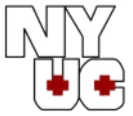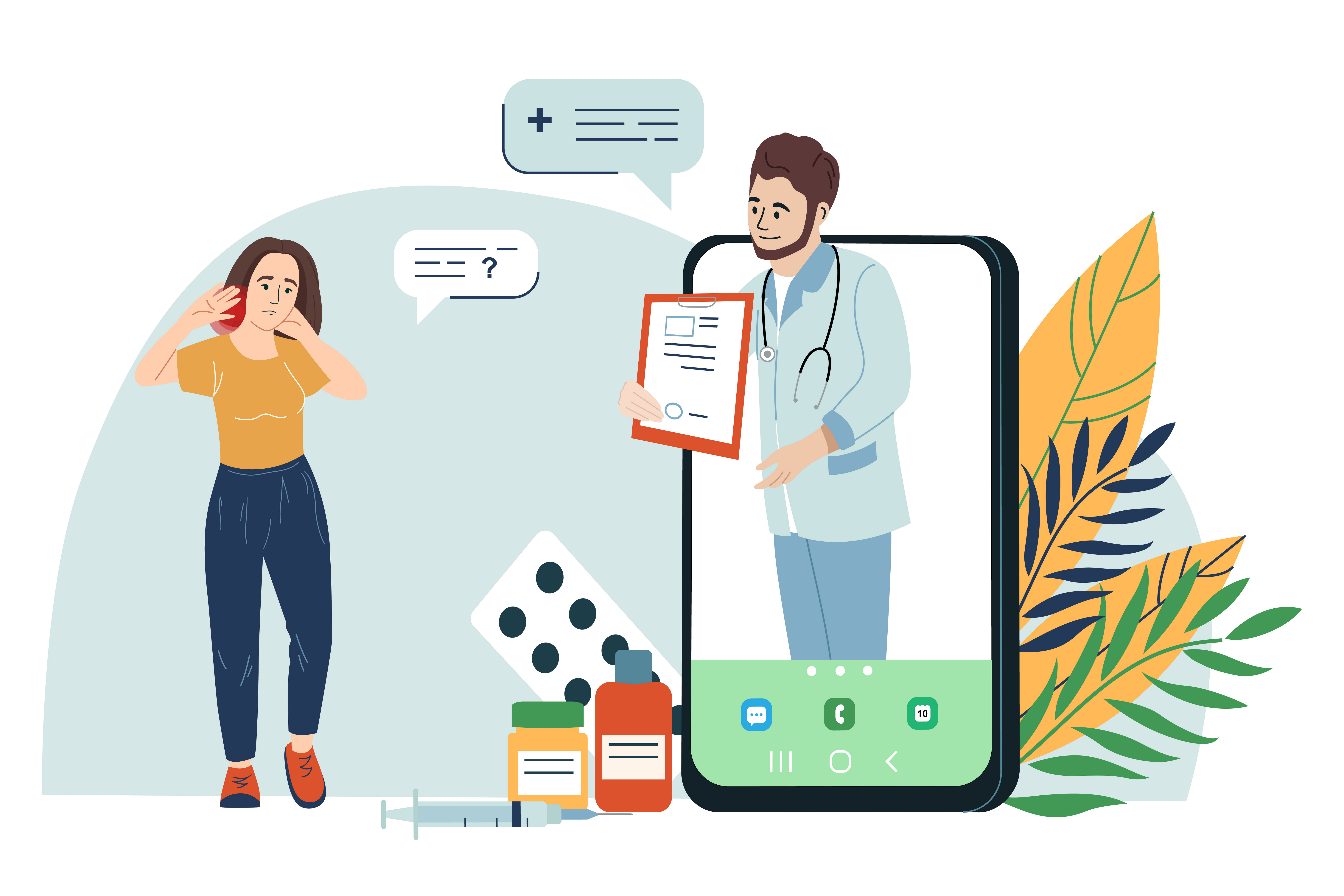Preventive medicine is an important aspect of healthcare that focuses on the prevention of diseases and the promotion of overall health and well-being. Unlike traditional medicine, which typically addresses health issues after they arise, preventive urgent care aims to identify and mitigate potential health risks before they develop into serious problems.
This proactive approach leads to a healthier, longer life and reduces the overall burden on the healthcare system.
What Is Preventive Healthcare?
Preventive medicine encompasses a range of practices designed to prevent illness, detect health issues early, and promote healthy lifestyles. This field of medicine is divided into three main categories:
1. Primary Prevention
This involves measures to prevent diseases before they occur. Examples include vaccinations, lifestyle counseling (such as diet and exercise), and public health initiatives like smoking cessation programs.
2. Secondary Prevention
This focuses on early detection of diseases through screenings and tests. Early intervention halts the progression of a disease or prevents complications. Examples include mammograms for breast cancer, colonoscopies for colorectal cancer, and blood pressure screenings for hypertension.
3. Tertiary Prevention
This aims to manage and improve quality of life for people with chronic diseases. It includes rehabilitation programs, chronic disease management, and support groups.
Why Preventive Healthcare Matters
1. Reduces Healthcare Costs
Preventive care is cost-effective in the long run. By preventing diseases or catching them early, individuals avoid expensive treatments and hospitalizations. For example, managing high blood pressure with medication and lifestyle changes prevent costly complications like heart attacks and strokes.
2. Improves Quality of Life
Preventive healthcare helps individuals maintain a higher quality of life. By staying ahead of potential health issues, people enjoy longer, healthier lives. Regular screenings and check-ups catch diseases like cancer in their early stages, when they are more treatable and less likely to impact overall well-being.
3. Enhances Public Health
Preventive healthcare has a significant impact on public health. Vaccination Programs, for instance, have eradicated or drastically reduced the incidence of diseases like polio and measles. Public health campaigns promoting healthy lifestyles reduce the prevalence of chronic conditions like diabetes and obesity.
4. Empowers Individuals
It empowers them to take control of their own health. Through education and regular check-ups, people become more aware of their health risks and how to manage them. This proactive approach fosters a sense of responsibility and engagement in one’s own health.
5. Supports Longevity
Adopting preventive measures contributes to increased life expectancy. By avoiding preventable diseases and managing existing health conditions effectively, individuals enjoy longer, more productive lives. This benefits not only individuals but also their families and communities.
The Role of Walk-In Clinics in Preventive healthcare
Walk-in clinics play a pivotal role in providing accessible preventive healthcare services. These clinics offer a convenient option for individuals seeking preventive care without the need for an appointment.
1. Accessibility and Convenience
Walk-in clinics are often more accessible than traditional doctor’s offices, especially for those with busy schedules or limited access to healthcare. They offer extended hours and do not require appointments, making it easier for people to receive preventive care.
2. Wide Range of Services
Many walk-in clinics provide a broad spectrum of preventive services, including vaccinations, screenings, and lifestyle counseling. This comprehensive approach ensures that individuals receive the necessary preventive measures in one location.
3. Early Detection and Management
Walk-in clinics are equipped to perform various screenings and tests, facilitating early detection of health issues. They also provide follow-up care and referrals to specialists if needed, ensuring that any detected health concerns are promptly addressed.
4. Community Health Promotion
Walk-in clinics often engage in community health promotion activities, such as health fairs and educational seminars. These initiatives raise awareness about the importance of preventive care and encourage community members to take proactive steps towards better health.
Conclusion
Preventive medicine is a fundamental component of healthcare that focuses on disease prevention and health promotion. NYUCC is dedicated to promoting health and well-being through comprehensive preventive healthcare services.
By offering accessible and convenient Walk In Clinic Queens, NYUCC empowers individuals to take control of their health with regular screenings, vaccinations, and lifestyle counseling. Their commitment to early detection and proactive care ensures better health outcomes and improved quality of life for all. Trust NYUCC to be your partner in achieving and maintaining optimal health.

